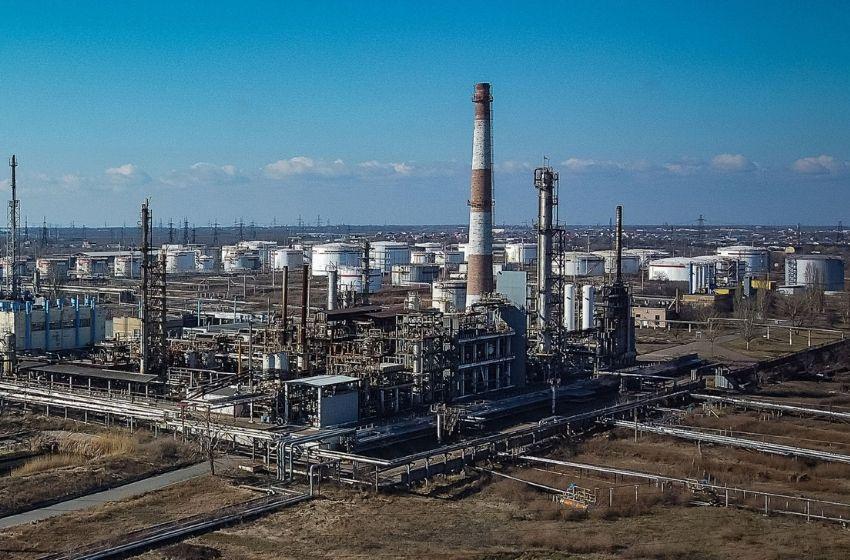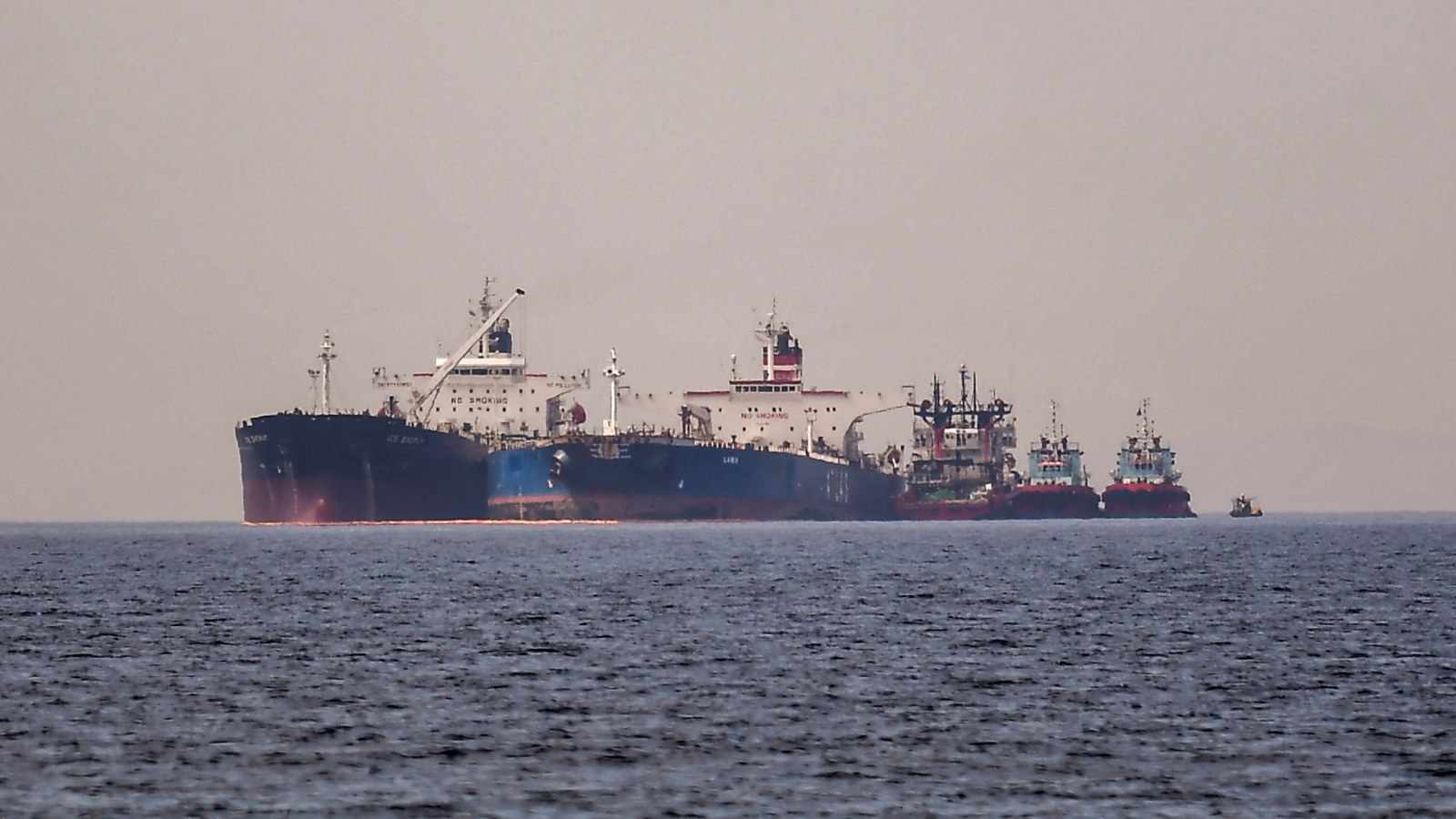The story of the Odessa Oil Refinery, from the merger with Lukoil to its final take over by the State-owned Ukrtransnaftaprodukt.
The Odessa oil refinery, located in Shkodova Gora Street 1/1, has been operational since 1938. When the war began and the Germans invaded the Soviet Union, the plant's operations were transferred to the city of Syzran. After the war, in 1949, it was rebuilt in the same place. Subsequently, it was provided several times with new equipment: wastewater treatment plants were strengthened and modernised, as industrial waste was then dumped into the Black Sea (until the 70s of the 20th century), and its capacity was increased and, consequently, its production expanded.
The refinery was specialised in the production of:
- gasoline grades A-98, A-95, A-92, A-80;
- diesel oil;
- liquefied gas;
- sulfur;
- burning oil;
- vacuum gas oil;
- jet fuel;
- road oil bitumen, construction, roofing.
Take over by Lukoil
In the mid-1990s, Lukoil began supplying black gold to the enterprise. In 1999, the company merged with Synthesis Oil to jointly buy back 51.9% of the refinery. In the spring of next year, the Russian company acquired another 25% stake in the Odessa refinery. At this point, the withdrawal of Synthesis Oil from the alliance with the subsequent transfer of their stake to Lukoil was almost completed.
As a result, in mid-2000, the largest Russian oil player owned about 86% of the shares of the Ukrainian firm, which at that time valued about $ 7 million. Consequently, the oil refinery was named Lukoil-Odessa OJSC.
In 2001, the new leadership set the task of reaching the European level of work and equipment in 4 years. Investments in this period amounted to approximately $ 73 million. This made it possible to increase production volumes, they started producing fuel with Euro 3 standard and, in 2004, diesel with Euro 4 standard. The company paid remarkable taxes to Ukraine every year and contributing to the improvement of the country.
The next ten years are characterized by periodic up and downs. The reason for this is largely the instability of the economy and the changing conditions in the Ukrainian oil market. In particular, the administrative behaviour of the administration under the president Viktor Yanukovych, at that time, contributed to the crisis of the company.
In 2010, Lukoil's boss Vagit Alekperov said the firm was unprofitable and suffered large losses for the subsidiary. It became useless to buy raw materials. The supplier radically changed the conditions and oil supplies to the refineries were suspended.
From private to State ownership
The Odessa refinery remained in this position of uncertainty until February 2013, when the local GC VETEK (East European Fuel and Energy Company) showed interest in the plant. In 2013, an agreement on the transfer of 99.6% of the shares to the Ukrainian side under the leadership of Sergey Vitalievich Kurchenko went into effect.
Kurchenko, who was a businessman close to former president Yanukovich, is believed to be aware that a new customs decree on protective duties would soon come into effect, freeing the country's market from foreign competitors, so the refineries would be profitable again.
The life of the Odessa refinery was complicated by the subsequent change of leadership of the country. Ukrainian law authorities began investigating VETEK's for handling of money laundering and participation in illegal oil exports. The company's management was added to the wanted list.
The court's decision ordered the removal of oil and petroleum products from the enterprise for subsequent transfer to the State-owned Ukrtransnaftaprodukt for sale in the near future.





















